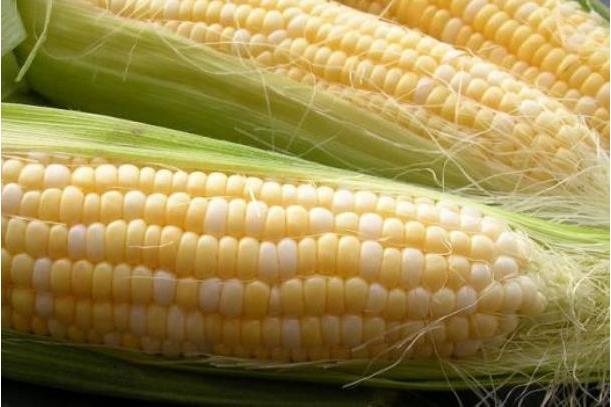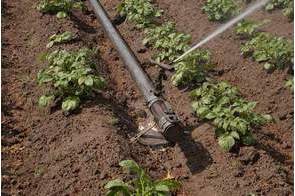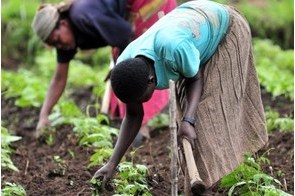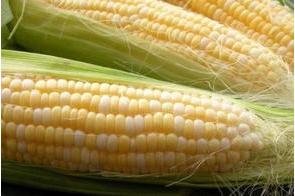AfDB lends support to Burkina Faso agriculture project

Summary
The objective of the Bagre Growth Pole Project for Burkina Faso is to contribute to increased economic activity.
The African Development Bank (AfDB) has approved $29 million to support the World Bank-assisted Bagre Growth Pole project in the central-eastern province of Burkina Faso.
In a statement released on Wednesday, the AfDB said the funding approval for the project was made on February 25, 2016.
According to the World Bank, the objective of the Bagre Growth Pole Project for Burkina Faso is to contribute to increased economic activity in the project area, resulting in an increase in private investment, employment generation and agricultural production.
The World Bank is a technical and financial partner to the project, having made a commitment of $115 million. Total project cost of $134 million.
The project seeks to extend the irrigation schemes around the Bagre Dam, which currently has an irrigation area of 3,380 hectares. The Bagre project plans to extend the irrigation schemes by 2,194 hectares (out of a total of 13,000 hectares) and promote value chain development with a view to increasing agricultural productivity, output, and income on a sustainable basis for men, women, and the youth.
The Bagre project will benefit about 2,219 farms (2,103 small farmers, 96 young sons/daughters of farmers and 20 graduates) and about 13,400 people (including over 4,000 women).
With an increased annual output – estimated at 6,024 tonnes of paddy rice, 7,057 tonnes of maize and 10,374 tonnes of vegetables – the Bagre project will reduce food and nutritional deficit in the affected communities and address growing demand for foodstuff.
The project is located at the border with Ghana and Togo, approximately 250km from the Burkinabe capital of Ouagadougou.
Related
-
Foreign agriculture companies increase risk of conflicts in Africa – new study
The types of crops foreign investors decide to grow often require more water than the traditionally grown crops.
-
AfDB plans to empower African Women in Agriculture
Women make up almost 50% of the agricultural labour force in Sub-Saharan Africa. A total of 62% of economically active ...
-
Africa makes progress on reducing food losses – new SDG report
Post-harvest losses in sub-Saharan Africa are estimated at about $4 billion per year.







